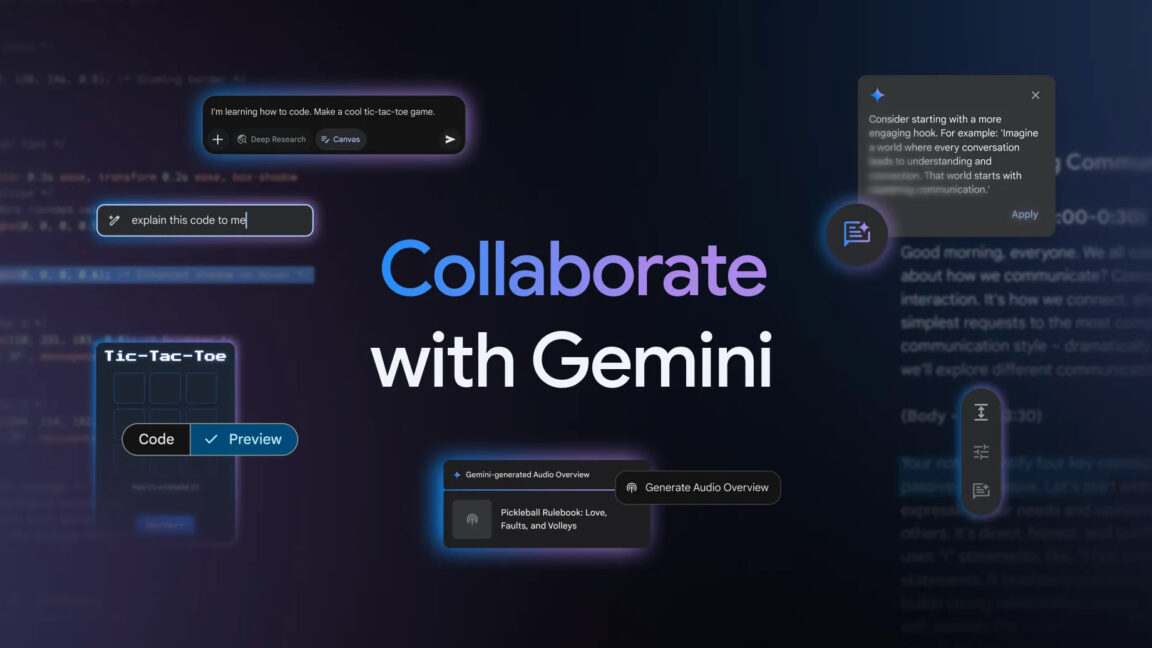Introduction to AI Reasoning
Imagine a math student who consistently aces every test. You’re impressed. But one day, you look over their shoulder and realize they’re using a bizarre, flawed method to solve problems. They’re getting the right answers, but for all the wrong reasons. It’s just a coincidence that their broken logic is producing correct results for these specific questions.
The Problem with Current AI Reasoning Metrics
This scenario is similar to how we currently measure AI reasoning ability, particularly the flawed ‘Pass@K’ metric. The ‘Pass@K’ metric only evaluates the correctness of answers, without considering the logical soundness of the steps leading to those answers. This means that AI systems can get high scores on reasoning tests without actually understanding the underlying logic.
A New Approach to AI Reasoning
A new research paper from Microsoft and Peking University proposes a novel method called Reinforcement Learning with Verifiable Rewards (RLVR). This approach emphasizes teaching AI systems to reason correctly, instead of merely guessing answers. The researchers introduce the ‘CoT-Pass@K’ metric, which evaluates not just the correctness of answers but the logical soundness of the steps leading to those answers.
How RLVR Works
Through empirical testing, the authors demonstrate that these new evaluation methods yield significantly improved performance in AI reasoning. The RLVR approach works by providing AI systems with rewards for correct reasoning, rather than just correct answers. This encourages the AI to develop a deeper understanding of the underlying logic, rather than just relying on guesswork.
Implications for Building Trustworthy AI Systems
The implications of this research are significant. By teaching AI systems to reason correctly, we can build more trustworthy AI systems that are capable of logical reasoning in real-world applications. This has the potential to revolutionize fields such as healthcare, finance, and education, where AI systems are increasingly being used to make critical decisions.
Conclusion
In conclusion, the current metrics for measuring AI reasoning ability are flawed and need to be revised. The new approach proposed by the research paper, Reinforcement Learning with Verifiable Rewards (RLVR), offers a promising solution. By emphasizing correct reasoning over correct answers, we can build more trustworthy AI systems that are capable of logical reasoning in real-world applications.
FAQs
What is the problem with current AI reasoning metrics?
The current metrics, such as the ‘Pass@K’ metric, only evaluate the correctness of answers, without considering the logical soundness of the steps leading to those answers.
What is Reinforcement Learning with Verifiable Rewards (RLVR)?
RLVR is a novel approach that emphasizes teaching AI systems to reason correctly, instead of merely guessing answers. It provides AI systems with rewards for correct reasoning, rather than just correct answers.
What are the implications of this research?
The implications of this research are significant, and have the potential to revolutionize fields such as healthcare, finance, and education, where AI systems are increasingly being used to make critical decisions.
How does RLVR improve AI reasoning performance?
Through empirical testing, the authors demonstrate that the RLVR approach yields significantly improved performance in AI reasoning, by encouraging the AI to develop a deeper understanding of the underlying logic, rather than just relying on guesswork.











